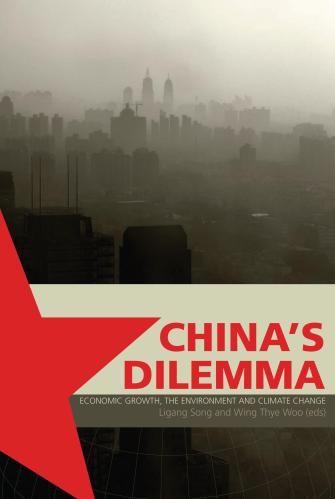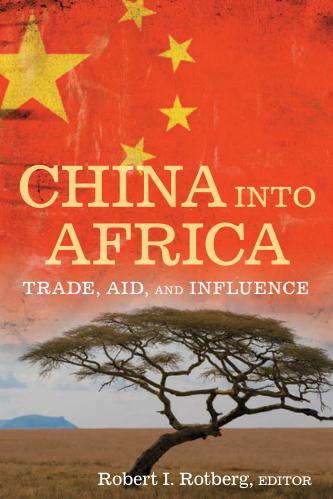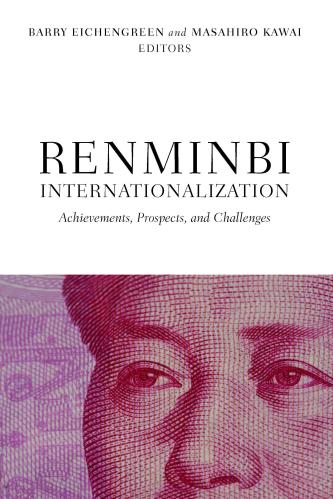In week 11 of Donald Trump’s presidency, the big news was the U.S. Tomahawk cruise missile attack on a Syrian air base connected to the Syrian regime’s use of chemical weapons. Chinese president Xi Jinping also met the president this week, and questions have continued over the meaning of the president’s executive order on energy and the environment.
Here’s an update on what Brookings experts are saying in the first 100 days about the Trump administration’s policy choices, personnel decisions, and engagements with global and domestic events. To receive daily updates on new Brookings research, commentary, and events, subscribe to our newsletters.
Read what Brookings experts had to say about the First 100 Days in: Week Ten | Week Nine | Week Eight | Week Seven | Week Six | Week Five | Week Four | Week Three | Week Two | Week One.
ON THE SYRIA STRIKE
Charles Call offers some pros and cons on the missile strike. “If the use of chemical weapons is deterred and improved communication with allies and enemies ensues,” he writes, “then a notoriously non-rational administration will have fostered a rational outcome. If, however, these strikes are not followed by a strategic policy and actions, then their negative effects may reinforce early impressions of an incompetent new administration.”
Daniel Byman writes that the bombing “strikes me more as an attempt at therapy to salve our anguished conscience and feel like we are taking a stand than a serious move to change our policy in Syria for the better.”
Michael O’Hanlon says that the missile strike is a “welcome development” but that “there is no obvious military step that could follow.” He outlines a political strategy that should.
Additional Brookings experts offer their reactions and analysis on the missile strike.
ON THE TRUMP-XI SUMMIT
Cheng Li says that in addition to progress on the substantive issues like regional security and trade, the “success of or failure of this summit … may also be judged by whether the two presidents can develop a sensible, respectful, and even trusting personal connection.”
Jonathan Stromseth writes that East Asian nations are watching the summit closely, and argues that “it is critical that President Trump signal to Xi that the United States will remain a Pacific power, enforce freedom of navigation in the region, and carry out a robust Asia policy under this administration.”
Michael O’Hanlon and James Steinberg write that “Given China’s newfound power and assertiveness on the regional stage, Trump faces a challenge in many ways greater than his predecessors contended with. But that also means he has a chance to achieve a truly historic success in stabilizing U.S.-China relations in an era when the People’s Republic of China is approaching several dimensions of superpower status.”
David Dollar explains the nature of the U.S.-China trade deficit, and argues that “the most promising route for President Trump is to negotiate better access to Chinese consumers,” including in cars, beef, and modern service sectors.
Dollar also reviews the exchange rate issues, and says that naming China a currency manipulator “would be inaccurate and unhelpful.”
Richard Bush describes the differences between China’s “One-China principle” and the U.S.’s “One-China policy,” and offers the Trump administration a set of recommendations for what to do and what not to do. Topping the list: “DO NOT state as the position of the U.S. government that Taiwan is a part of China.”
ON FOREIGN & NATIONAL SECURITY POLICY
Sen. Chris Coons (D-Del.) called for a bipartisan approach to, and constituent awareness of, the threat Russia poses to democracy worldwide. “Make no mistake,” Sen. Coons said, “the Putin regime has launched an undeclared war on the international order that has preserved peace and stability in the United States and Europe since World War II.”
Michael O’Hanlon and Alice Rivlin, commenting on President Trump’s proposed increase in military spending and decrease in international operations, argue that a “reasonable case can be made for additional spending on the armed forces, border security, and veterans … But proposed offsetting cuts in other parts of the budget will reduce America’s security and standing in the world.”
Suzanne Maloney testified to the House Committee on Financial Services about how to increase the effectiveness of non-nuclear sanctions against Iran. The JCPOA—the multilateral deal that limits Iran’s nuclear ambitions—“left intact a significant array of restrictions for Iran’s economy,” she said.
Shadi Hamid comments on the recent meeting between President Trump and Egyptian President Abdel Fattah el-Sissi, noting their shared “authoritarian instinct,” but also the fact that the Obama administration itself began the normalization of the Sissi regime.
Robert Kagan and Michele Dunne are critical of the U.S. relationship with Egypt over the years, and argue that a “new administration offers a chance for a new look at this old and increasingly dysfunctional relationship.”
ON DOMESTIC & ECONOMIC POLICY
Adie Tomer and Joseph Kane say they “appreciate President Trump’s siren call to rebuild American infrastructure” but “undertaking such a grand construction program—and doing it well—will require more than a promotional campaign or a new federal financing credit.”
Nathan Hultman explains the consequences of the Trump administration’s move to dismantle the Clean Power Plan. Watch:
Robert Pozen offers President Trump five guidelines on how to pursue its potential next legislative battle: corporate tax reform.
Molly Reynolds and Vanessa Williamson discuss what the failed attempt to repeal and replace the Affordable Care Act means for tax reform in Congress.
—
For more details policy recommendations and analyses from Brookings experts for the new administration, see “Brookings Big Ideas for America” on issues including the threatened middle-class dream in America, health care, criminal justice reform, infrastructure, U.S. alliances, nuclear weapons, terrorism, and regional conflicts.




Commentary
President Trump’s First 100 Days: What Brookings experts are saying, 4/7/17
April 7, 2017